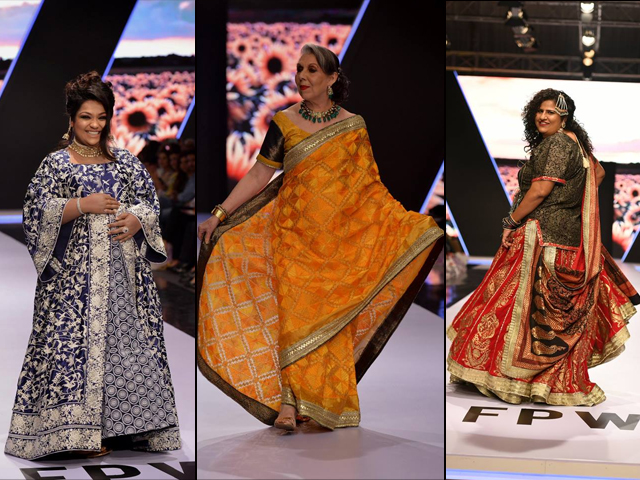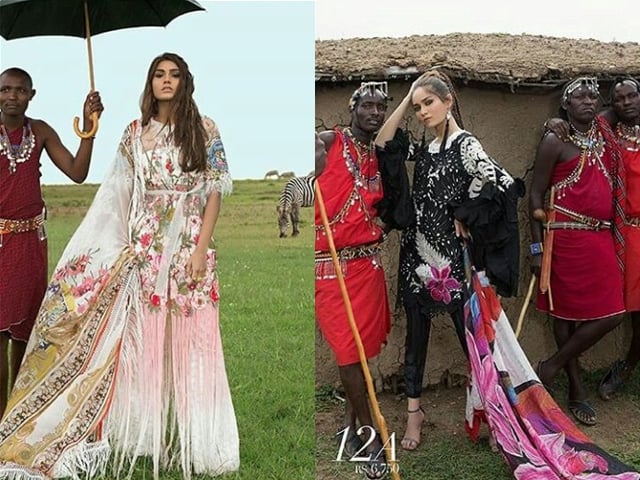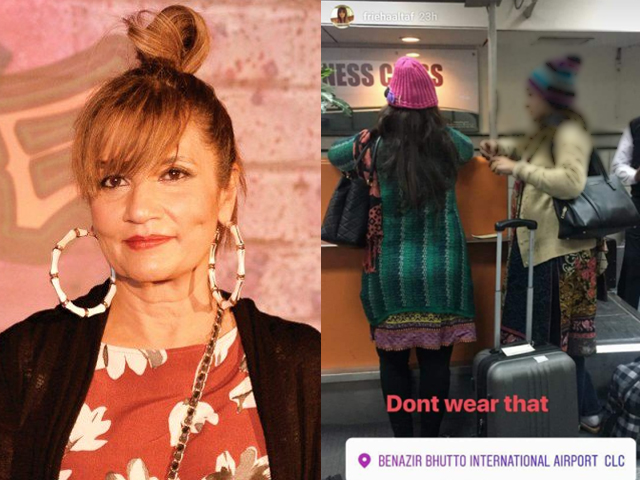
The #DelhiRapist interview and the ugly truth about rape
There is disbelief in his eyes – she broke the unsaid rule and paid the price, so what’s this hullabaloo all about?
The Delhi bus gang rape, which occurred in December 2012, redefined rape and rape victims in many ways. As we saw, masses came out for Nirabhya’s support and ended up in historic constitutional reforms.
The case has once again come into spotlight with Leslee Udwin’s documentary for the BBC called India’s Daughter. The documentary revolves around rapists and rape victims and the motivation behind the heinous crime. The trailer of the documentary can be seen here.
Amid constitutional hassles and fear of public outrage, the documentary has been banned by the Indian government. Although, Udwin claims she interviewed Mukesh Singh, the convicted bus driver involved in the Delhi gang rape, in jail for three days with the concerned authorities’ permission. This is a typical example of how we white wash crime against women by refusing to show the “Archaic” (as the Indian authorities said) motives. As Udwin said,
“I would like to see every convicted rapist interviewed. Unless you know the cause of crime, how will you correct it?”
When Udwin interviewed Singh, he came up with answers which embody not only his mindless acceptance of rotten cultural norms and lack of empathy for female life but also the deep and dark flaws of society.
“She should just be silent and allow the rape.”
His statement was disturbing for everyone but we must remember that he is not a border line loony sneaking around as a threat. We cannot just lambast him and absolve ourselves from the responsibility. The man has just spoken the ugly truth. Something weaved in our consciousness and agreed upon silently. There is disbelief and surprise in his eyes – she broke the unsaid rule and paid the price, so what’s this hullabaloo all about?
Aren’t we on the same page about ‘silence’?
The girls in our society are always trained, right from the beginning, to accept and practice ‘silence’ as virtue. Our voices are mercilessly snubbed. When our brothers are allowed to laugh out loud, our laughter is always hushed and looked down upon. Good girls talk in a low voice and never laugh out loud. The girl’s voice must never go out of the house lest someone should know that she exists. The silence is engrained in our culture as an unspoken pact – you stay quiet and we will let you live. Silence is our defence mechanism, or so we are taught. It is the best advice our mothers and elders give at our weddings:
“You must be patient and you must never talk back. One day, your new family will appreciate your virtue and you will rule the house.”
The gagged voices become our defence shield but no one tells us about the subtle limitations of this shield. It will keep us alive but not in an exactly desirable state.
“When being raped, she shouldn’t fight back,” Singh told the BBC, implying that she should have allowed the assault.
The analysis of the language here is extremely crucial. Singh simplified many brutal truths for us. “Fight back”, no matter how heroic it connotes in terms of semantics, but it is radically reversed when it comes to women. When a woman fights back, she challenges the ‘silent’ rule and inadvertently makes the ‘game’ more interesting. She must be corrected and brought back to the ‘right path’ or the society will lose balance.
Singh brought into light another bleak aspect which often makes the rape victim vulnerable in every society.
“A decent girl won’t roam around at nine o’clock at night. Housework and housekeeping is for girls, not roaming in discos and bars at night doing wrong things, wearing wrong clothes.”
Rape is the only crime in which the victim has to fit into society’s every moral standard to expect some respect and justice. The voyeuristic pleasure of observing and scrutinising every aspect of the victim’s life is beyond expression. The case is often viewed with this tinted perception:
“What was wrong in her behaviour, dressing, profession or anything to provoke such a crime?”
No one, for an instance, stops and questions what was wrong with the criminal’s sick mind.
The moral rod sets impossible standards of morality for rape victims. How could we blame criminals when we have normalised such sick standards in to the fabric of our society.
The interview ends on an intimidating note with Singh warning that death penalty would endanger more lives as “criminal types” won’t take the risk of leaving the girl alive “as they did”.
The cold blooded composure and conviction of beliefs is mind boggling.
He is not a lone character but a horrifying reflection of a society marred with segregation and exploitation.
P.S. The documentary has not aired as yet. This information is obtained from various news sources.




COMMENTS (54)
Comments are moderated and generally will be posted if they are on-topic and not abusive.
For more information, please see our Comments FAQ